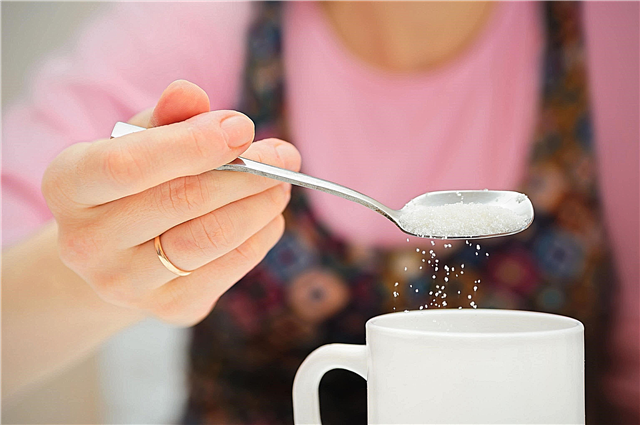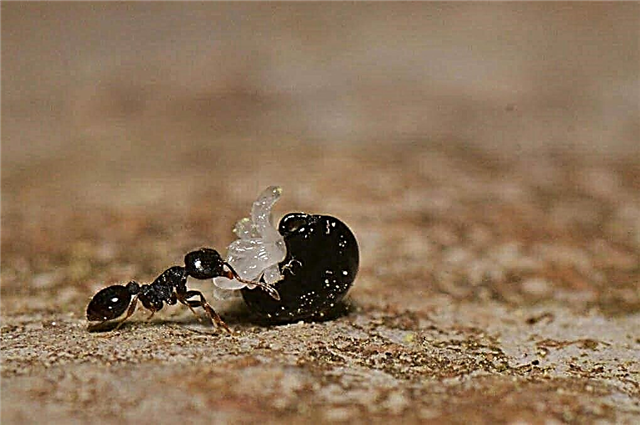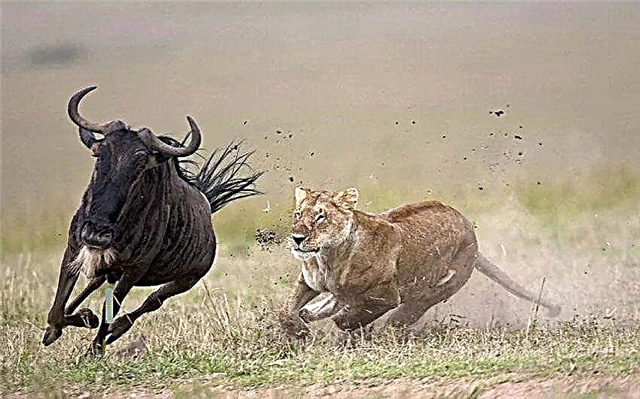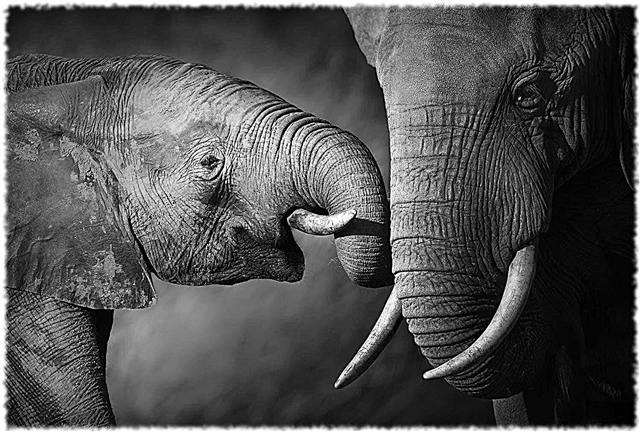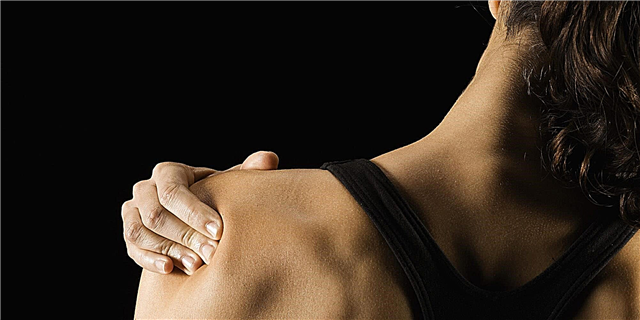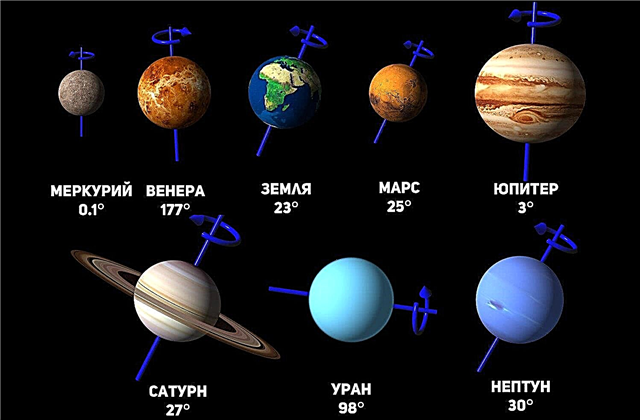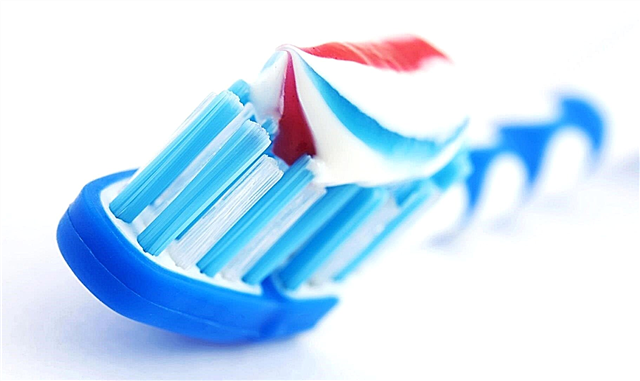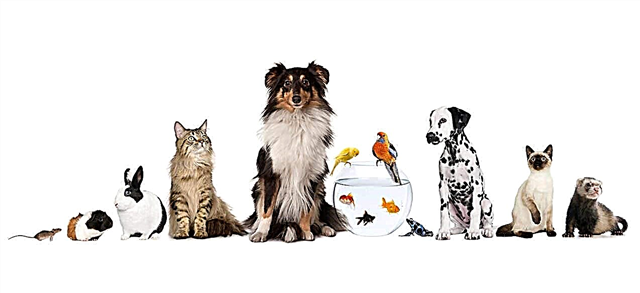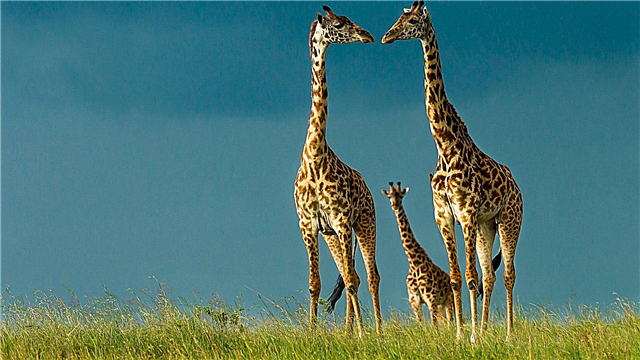
We humans are arranged in such a way that everything in us, right up to the smallest veins, is necessary and is in its place. And inside? There are so many things ...
One of the organs without which it simply cannot work out is the liver. We have one, very soft, vulnerable. However, steadfastly withstands all the hardships that a person unreasonable presents to her throughout life. By itself, it is quite large - about 400 g., Is located in the abdomen, that is, in the abdominal cavity, on the right. Scientists estimate that a normal liver weighs 1 / 36th of the weight of a normal person. The shape of the liver is pretty, it, like a big red-brown pillow, is stretched under the diaphragm and works day and night, protects, protects.
To protect, protect, in simple terms, are the main functions of the liver. In fact, poems and treatises can be written about her work, and all will be few. Already at a time when the future little man is also not called a man, but only his embryo, a microscopic liver begins to create his blood. It is not easy to create, but to fill with albumin, alpha-beta globulins, various hormones and vitamins. So we can say that we owe life to the liver.
Throughout life, the liver constantly exchanges proteins, fats, carbohydrates - all this gives it blood with its uninterrupted current. Another important work of our liver is to form bile - its main assistant.
What does the liver consist of?
The whole liver consists of small lobules, only its surface is smooth.Each lobule constantly neutralizes foreign substances that enter the body. The task of the whole liver is to turn harmful allergens, toxins, poisons into less harmful ones, break them down, prepare for removal. The same goes for excess hormones or metabolic intermediates. All excess liver simply must be utilized, expelled from the body.
In addition, our liver helps to digest everything that we ate. Her tasks include providing the body with glucose, converting energy sources - amino acids and lactic acid, glycerin and free fats - into the same glucose. She also performs the work of a storekeeper - stores vitamins (A, D, B12), cations (iron, copper, cobalt), trace elements.
And, one of the important things is to keep a supply of blood. In case of serious troubles, the liver throws extra blood into the vessels, thus again saving the person’s life.
Even a simplified acquaintance with the activity of our liver gives an idea of its necessity, its workload, hard work. It is necessary to protect it, not to deliver additional work to it.



